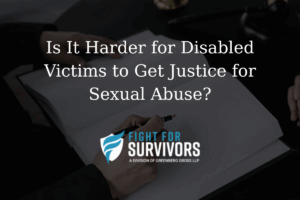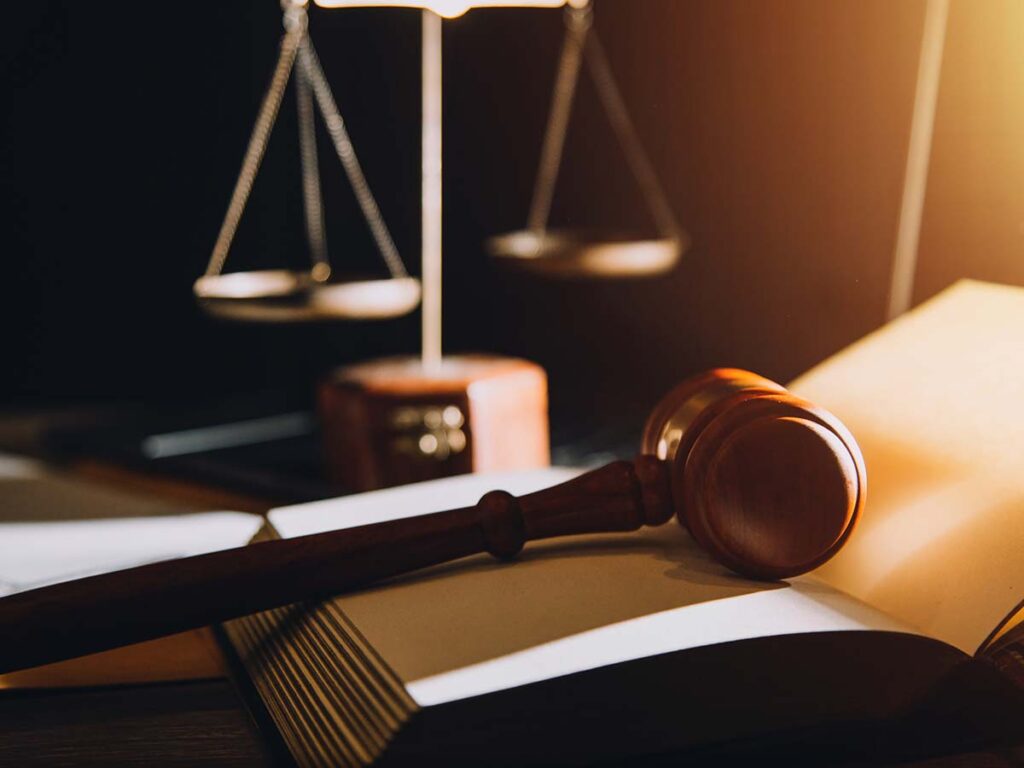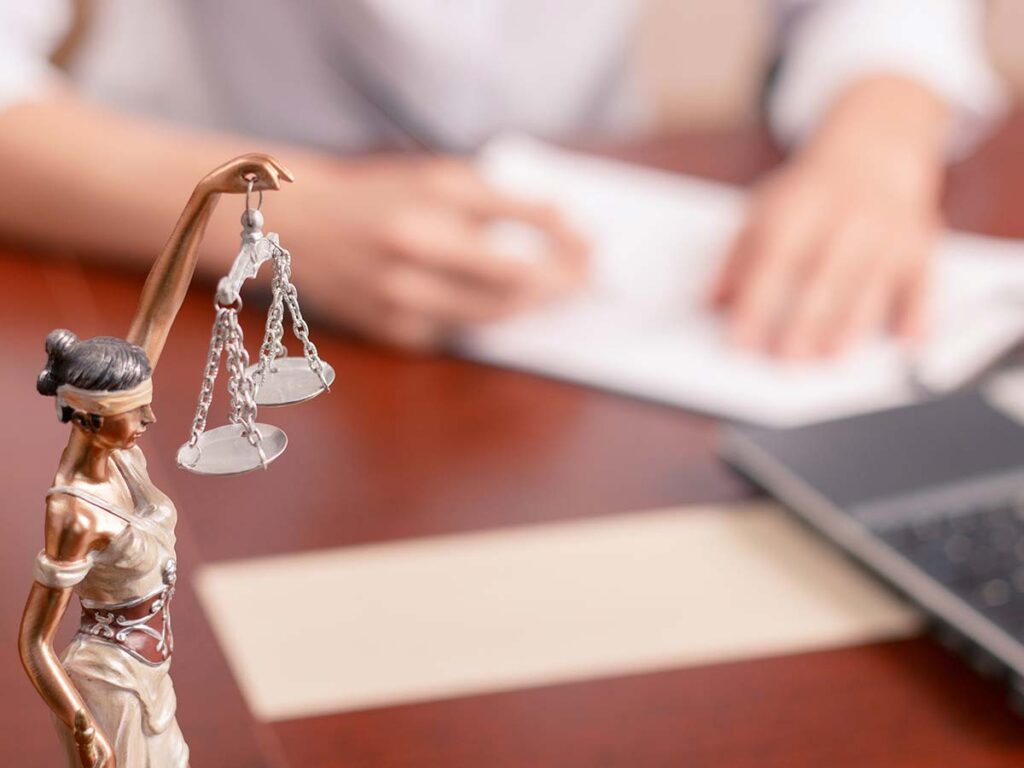
When survivors of sexual abuse also live with disabilities, the road to justice becomes significantly more complex. People with disabilities face disproportionately high rates of sexual violence, yet they are among the least likely to see their assailants held accountable. Whether due to barriers in reporting sexual violence, gaps in accessibility within the criminal justice process, or prejudices held by law enforcement officers, survivors with disabilities often encounter overwhelming challenges when seeking justice and healing.
This blog takes a deep look into the reasons behind these disparities, the types of disabilities most impacted, and the systemic issues that continue to prevent survivors from receiving the protection and support they deserve.

The Overlap of Disability and Sexual Violence
Survivors within the disability community are at higher risk for sexual victimization. People with intellectual disabilities, physical disabilities, and cognitive disabilities are frequently targeted by perpetrators who exploit dependency, isolation, or communication barriers. The risk is even greater for those with multiple disabilities, or those who experience both intellectual and developmental disabilities.
Contact Us For A Free Legal Consultation. No Fee.
Call (833) 55-FIGHTSexual violence can include a range of offenses — from sexual harassment and sexual exploitation to more extreme forms such as sexual assault, intimate partner sexual violence, and child sexual abuse. For people with disabilities, particularly those who rely on others for caregiving or daily needs, the perpetrator may be someone they are unable to avoid, such as a family member or caregiver.
Why Are People with Disabilities at Greater Risk?
There are several intersecting risk factors that make individuals with disabilities more vulnerable to experiencing sexual abuse:
- Dependency on others: Survivors with physical disabilities or mental health disabilities may rely on others for basic needs, which can create a dangerous imbalance of power.
- Limited sexual education: Many people with intellectual disabilities or emotional disabilities do not receive adequate sexual education, which makes it harder to recognize or report abuse.
- Social isolation: Survivors may have fewer social connections or support networks, especially if they live in group homes or institutions.
- Communication barriers: People with communication disability or sensory disabilities may not be able to clearly report abuse or be understood by law enforcement agencies.
Reporting Abuse and Engaging with the Criminal Justice System
Reporting abuse can be especially daunting for crime victims with disabilities. Whether the abuse stems from intimate partner violence, child abuse, or violence committed in institutional settings, survivors frequently run into institutional and attitudinal barriers.
Many are discouraged from reporting sexual violence by family members, caregivers, or even disability service providers. For some, the fear of being institutionalized, blamed, or not believed is enough to prevent them from disclosing their experiences at all.
Ready To Defend And Fight For Our Clients
(833) 55-FIGHTWhen they do come forward, survivors may struggle to navigate the criminal justice system. Law enforcement officers may lack training in how to communicate with people with intellectual disabilities or mental health conditions. The criminal justice process can be overwhelming, especially for those with cognitive or sensory disabilities. Accessible victim service programs are often hard to find or underfunded, leaving many survivors without the tools needed to seek justice.
Additionally, law enforcement agencies may unintentionally re-traumatize survivors by questioning their credibility or assuming they cannot accurately describe a sexual act. In many cases, victims who experienced sexual assault or were sexually abused by someone close to them—such as a family member or caretaker—feel unsafe or unsupported when reporting the abuse.
Gaps in Victim Services and Support Networks
Another major obstacle for victims with disabilities is the lack of inclusive and accessible victim services. Many sexual assault programs and victim service providers are not adequately trained to serve victims with different disabilities. This can be especially harmful for those with intellectual disabilities, mental disabilities, or spinal cord injuries who may need customized support.
Some support options are available via national helplines, such as the crime victims telephone hotline, the dating violence telephone hotline, and the national human trafficking hotline. However, not all are equipped to handle cases involving American Sign Language users or people with mental retardation (a term still used in some statutes but now largely replaced with “intellectual disabilities”).
Victim advocates working in this space need to be deeply familiar with the barriers faced by persons with disabilities and should partner with disability advocates and disability rights activists to ensure equal access to justice and healing.
How the Criminal Justice System Fails Survivors with Disabilities
The criminal justice system itself poses a host of challenges for people with disabilities. From underreporting to low conviction rates, the system is often stacked against them.
People with intellectual disabilities may not be seen as reliable witnesses. Survivors with mental health disabilities may be dismissed or assumed to be confused or unstable. Law enforcement officers, prosecutors, and judges often lack proper training in working with individuals from the disability community.
When police fail to take these survivors seriously or dismiss their experiences, it not only deters reporting abuse but also sends a dangerous message to perpetrators—that people with disabilities can be harmed with impunity.
Moreover, survivors with emotional disabilities or those suffering from substance abuse issues may be discredited in court, even though these conditions may stem from past trauma or child sexual abuse.
The Role of Disability Education and Advocacy
Inclusive sexual education is key to empowering people with disabilities to recognize and report abuse. However, educational resources are often inaccessible to those with cognitive disabilities, sensory disabilities, or mental illnesses. Many school systems or institutions fail to deliver comprehensive sexual health education that is tailored for people with different disabilities.
Disability rights activists and the broader disability rights movement have long advocated for accessible sexual education, victim services, and criminal justice reform. They emphasize the importance of involving people with disabilities in creating resources, training materials, and policies.
Disability advocates also highlight the need for training first responders, medical professionals, and criminal justice personnel in recognizing and addressing sexual victimization among this population.

Supporting Victims: What Needs to Change
There are several critical steps we must take to better serve victims with disabilities:
- Ensure that all victim service programs are accessible, both physically and communicatively.
- Train law enforcement officers, prosecutors, and victim service providers to recognize the unique experiences of people with disabilities.
- Fund and promote sexual assault programs that work in tandem with disability service providers.
- Provide mental health services specifically tailored for those who have experienced sexual violence and live with mental health conditions.
- Encourage reporting abuse in ways that feel safe and empowering, not dismissive or retraumatizing.
- Amplify the voices of people with intellectual disabilities, physical disabilities, and mental disabilities in reform conversations.
Ultimately, until the criminal justice system, educational structures, and victim services are transformed to truly support all survivors, people with disabilities will continue to face unequal access to justice.
You Deserve Support, Safety, and Justice
If you or a loved one has been sexually assaulted or sexually abused and lives with a disability, know this: you are not alone, and you are not invisible. You deserve to be believed. You deserve to be safe. And you deserve justice.
Help is available. Reach out to local victim services or national hotlines that specialize in assisting victims of interpersonal violence, sexual victimization, or domestic violence. Trained victim advocates can guide you through the reporting process and help you access mental health services, legal options, and support tailored to your needs.
Frequently Asked Questions
What should I do if I or someone I know with a disability has experienced sexual violence?
First, ensure safety. Then, connect with victim service programs that specialize in working with people with disabilities. You can also contact national helplines for support and guidance.
Are there disability-specific services for survivors of sexual assault?
Yes. Many communities offer services that partner with disability service providers. Some national hotlines also have accessibility features like TTY, ASL support, or text-based communication.
Can people with cognitive or communication disabilities testify in court?
Yes. With appropriate accommodations, individuals with disabilities can provide credible, powerful testimony. The key is ensuring the legal system understands how to support them through the process.
Why are rates of sexual abuse higher for people with disabilities?
Increased risk factors include dependency on caregivers, lack of sexual education, communication challenges, and societal isolation. These create opportunities for abusers and barriers for survivors.
What role do disability advocates play in addressing sexual victimization?
Disability advocates and disability rights activists work to improve education, policy, and accessibility. They help ensure that victims with disabilities receive the same protections and services as others.
Experienced Attorneys Who Will Listen And Fight For You
Speak To An Attorney Now »